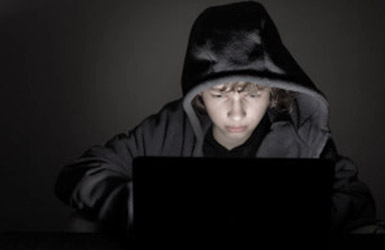
During our youth, we make many mistakes. As we grow, we learn. This learning experience can be difficult. Some mistakes can be more serious than others. If a child were to make a mistake that breaks the law, they may face consequences from the court. Instead of going to court like an adult, they can be charged with a juvenile crime. Juveniles are all those that are under the age of 16 years old. They will be tried as juveniles in court, not adults. These children must be at least 7 years old to be tried as a juvenile.
Although a child may be at or over the age of 16 upon facing a court hearing, the age that matters is the one they were at the time of the crime. If the child was 16 or younger when the crime was committed, then they may be charged as a juvenile. When a child is defined as a “juvenile delinquent,” it means that they need supervision, treatment or confinement. This could mean that they are more dangerous than other individuals who are classified as a juvenile. It could also be attributed to the mental state of the child.
What happens during a juvenile case?
When juvenile cases are brought to court, they are not heard in a normal courtroom setting. This experience is for those who are being charged as adults for a crime. Instead, juvenile cases are heard in family court where there is no jury. Only a judge will decide on the case for the juvenile. When a juvenile is detained, a prosecutor will file a petition against the child. This will include the details of the allegations that are being made against them. The family court trial is also known as a fact-finding hearing. There is no jury but there is a single judge. The judge will act and make the decisions by themselves. If they find that there is a lack of evidence, they may decide to dismiss the case. If they find that there is evidence to support the allegations being made, a dispositional hearing may be made. The judge may then order a probation department to investigate the juvenile’s home and school behavior.
A judge has the authority to order an evaluation of the child’s mental health. In order to accomplish this, they can summon the city’s mental health services to do so. The decision of the court may detain a child or sentence them to parole in the custody of their parents. This may be until there is a dispositional hearing where the judge will further decide if the child is considered to be a delinquent or if they will be released to a guardian. Juveniles need to be provided with the proper representation to protect their futures.
If you are in need of experienced legal counsel for a criminal defense matter on Long Island or throughout New York State, please contact KCS Law to schedule a consultation and we would be happy to assist you.